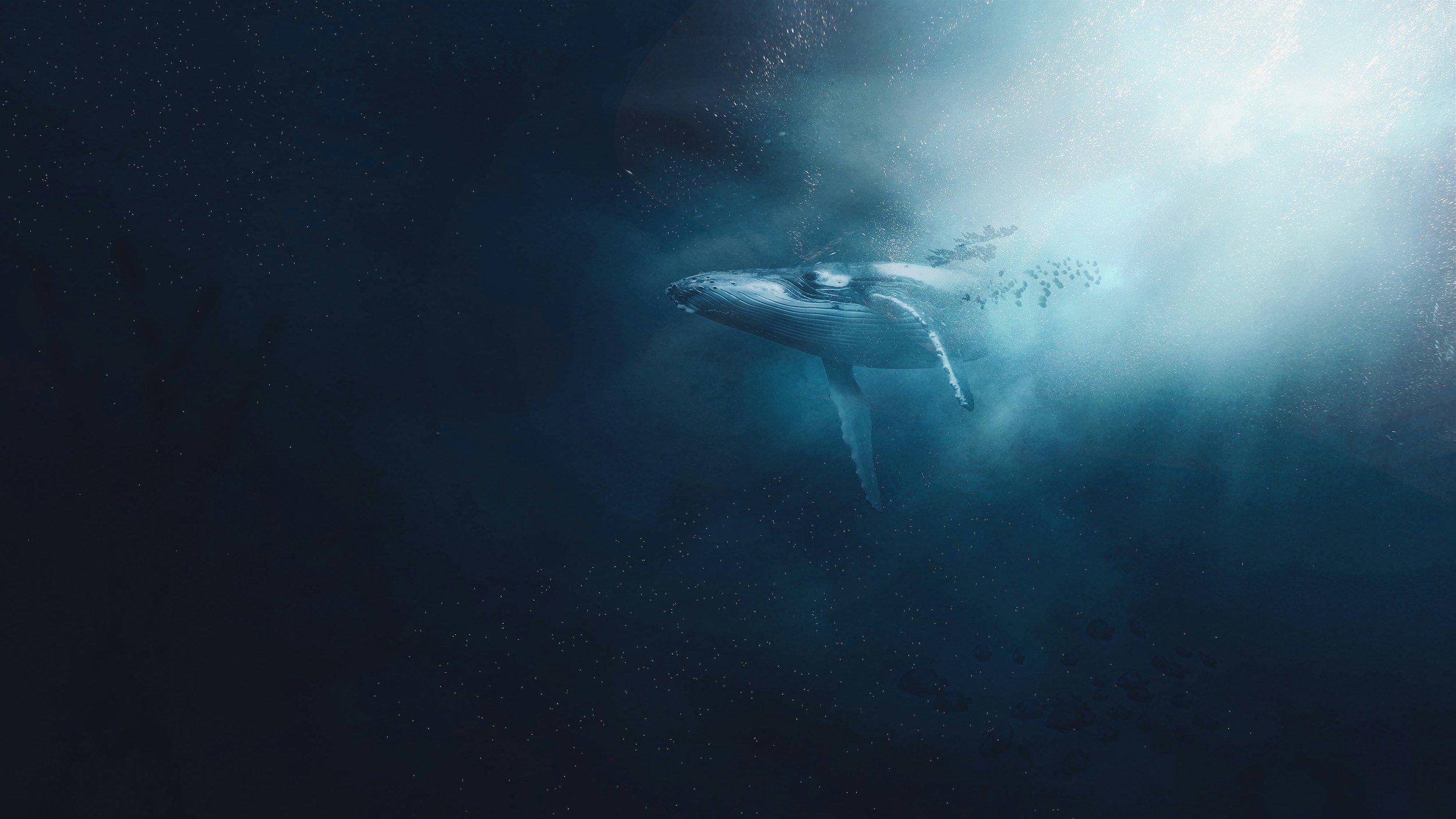
CUT OUT THE KRILL
Go straight to the plant-based omega-3 source
Mark Pages, Founder of Phytality Nutrition with over 15 years of experience in microalgae and plant-based nutrition.
The Source of Omega-3
Bringing awareness to the unsustainable practices of krill harvesting has never been more important. But just talking about the problem isn’t enough—we also need to shine a light on the solution. And we would like to introduce you to the original plant-based Omega 3 source which is Phytoplankton. Phytoplankton offers a truly ethical, sustainable, and superior-quality alternative to krill and fish oil. The truth is, krill don’t actually make Omega-3s—they get it from consuming marine phytoplankton, tiny single-celled plants that sit at the base of the ocean’s food chain. At Phytality, we cut out the MIDDLE FISH and go directly to the original source being Phytoplankton, but in a way that is ethical & sustainable.
Phytality's Commitment to Ethical and Sustainable Practices
At Phytality Nutrition, we're proud to be global leaders in cultivating phytoplankton in a completely controlled, onshore environment—without disrupting marine ecosystems. Our phytoplankton strain, ULTANA™ Phytoplankton, is grown using 50% Australian-grown inputs and 50% from Europe. We cultivate it in a state-of-the-art algae farm using closed glass tube systems in a controlled environment greenhouse. We re-create a nutrient bath similar to the ocean & in combination with sunlight allows us to grow the best quality Phytoplankton. This onshore, controlled method ensures the highest purity, nutrient density, and product safety. Importantly, we aren’t taking food from krill or the marine food chain.
Delivering Clean and Safe Omega-3
This innovative method guarantees that we deliver the cleanest, most nutrient-dense, and environmentally safe form of Omega-3—without the need for chemical refining, without the risk of heavy metal contamination, and without relying on unsustainable practices like krill trawling. The ULTANA™ Phytoplankton we grow provides the optimal combination of fish-free, vegan Omega-3s, proteins, antioxidants, minerals, and vitamins—including B12.
The Environmental Threat of Krill Harvesting
Krill harvesting is one of the most pressing environmental threats to our oceans today. Over 16 million tonnes of wild fish are removed from the sea every year to fuel the $30 billion Omega-3 industry, disrupting the delicate food chain that sustains whales, seals, penguins, and other marine life. Phytoplankton isn’t just a nutritional solution—it’s an ecological one. By consuming phytoplankton directly, we leave the krill in the ocean, where they belong.
Phytoplankton's Essential Role in Earth's Ecosystem
Phytoplankton is also crucial to our planet's health. It plays a vital role in carbon capture and oxygen production, estimated to generate more than half of the Earth's oxygen—more than all the world’s forests combined. Removing it from the ocean through wild harvesting is not only unsustainable—it’s dangerous. That's why we grow ours entirely on land in a scalable, closed-loop system that doesn’t impact the natural marine balance.
Making Sustainable Choices
If every consumer chose to cut out the krill and go directly to the source, the demand for krill oil would end—and with it, the environmental damage. That’s why we’ve partnered with Sea Shepherd to help protect our oceans. For every sale of our phytoplankton products via our website, we donate 10% directly to Sea Shepherd’s Arctic Defense campaign.
Thank you for your interest and for supporting the solution!
If everyone chose to CUT OUT THE KRILL & GO TO THE SOURCE for their Omega-3s, the krill industry would be instantly over—there would be no more demand!
Visit www.phytality.com.au to learn more and explore the future of Omega-3 nutrition.
Follow us on Instagram
@phytalitynutrition for tips, education, and updates on sustainable alternatives to fish and krill oil.







